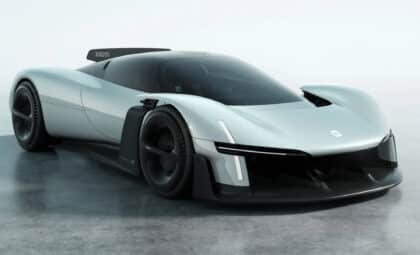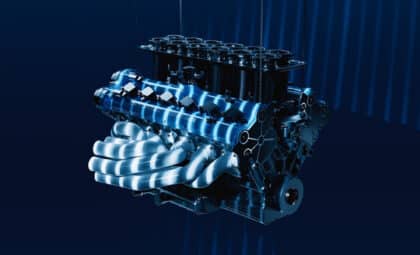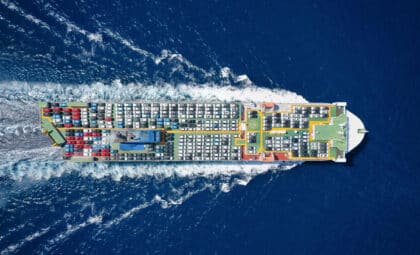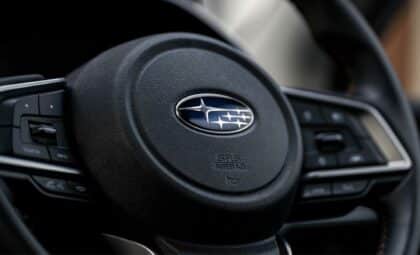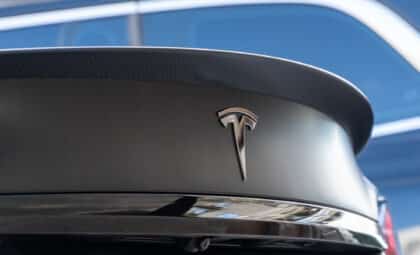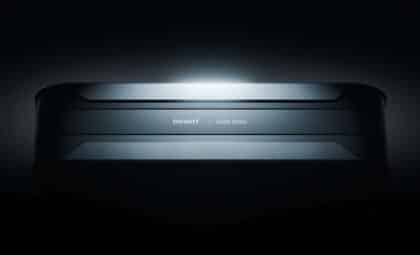
Photo: Dodge
A homologation special is a road-legal car with direct ties to racing competitions. Some of the most exciting cars in history have been homologation specials, as they are usually built with racing in mind from the start. But to understand more about them and why they exist, we must first learn about motorsport regulations.
Performance Vehicles: Check out these cool, high-performance rides
Motorsport regulations
Most if not all motorsport competitions have sets of rules and regulations that cars must meet to compete in a race series. The rules can cover everything from engine size and vehicle weight to fuel flow and ride height, down to the millimeter. Homologation refers to the process of certifying that a car meets those rules.
Many racing competitions in the world are “production-based,” largely to increase their relevance to manufacturers (and customers) and to reduce operating costs. It costs a lot less money for manufacturers to adapt an existing sports car for GT racing than to create a bespoke racing prototype from the ground up that no regular driver will ever buy.
The sanctioning body for a motorsport series (such as the FIA) typically requires that a certain number of road-legal versions of a car are made before it is allowed to compete in a production-based homologated racing event. These resulting cars are the homologation specials.
SUV Towing: Who needs a truck?
Homologation specials
Though manufacturers are technically supposed to make a road car and then adapt it to the track, it often goes the other way around: they first build a car they think will do well in a competition and then adapt it for the road. The consequent race-bred performance is often what makes homologation cars so special — not to mention their rarity. Generally, if a manufacturer is only making a road-legal car for homologation purposes, it won’t bother making more than necessary.
Indeed, homologation specials usually have limited production runs — very limited, in some cases. For example, Mercedes-Benz made only 500 examples of its famous 190E 2.5-16 Evo II model, which competed in DTM racing. The iconic Dodge Challenger T/A, pictured above, was one of only 2,399 special variants of the Challenger made for Trans Am racing. The Maserati MC12, which dominated GT1 endurance racing, was sold to only 50 customers.
Throughout automotive and motorsports history, many homologation cars have received critical acclaim. They’re often the best that automakers have to offer to enthusiasts seeking genuine track performance, and as long as production-based racing series exist, we’ll have more homologation specials to look forward to in the future.
Kurt Verlin was born in France and lives in the United States. Throughout his life he was always told French was the language of romance, but it was English he fell in love with. He likes cats, music, cars, 30 Rock, Formula 1, and pretending to be a race car driver in simulators; but most of all, he just likes to write about it all. See more articles by Kurt.


